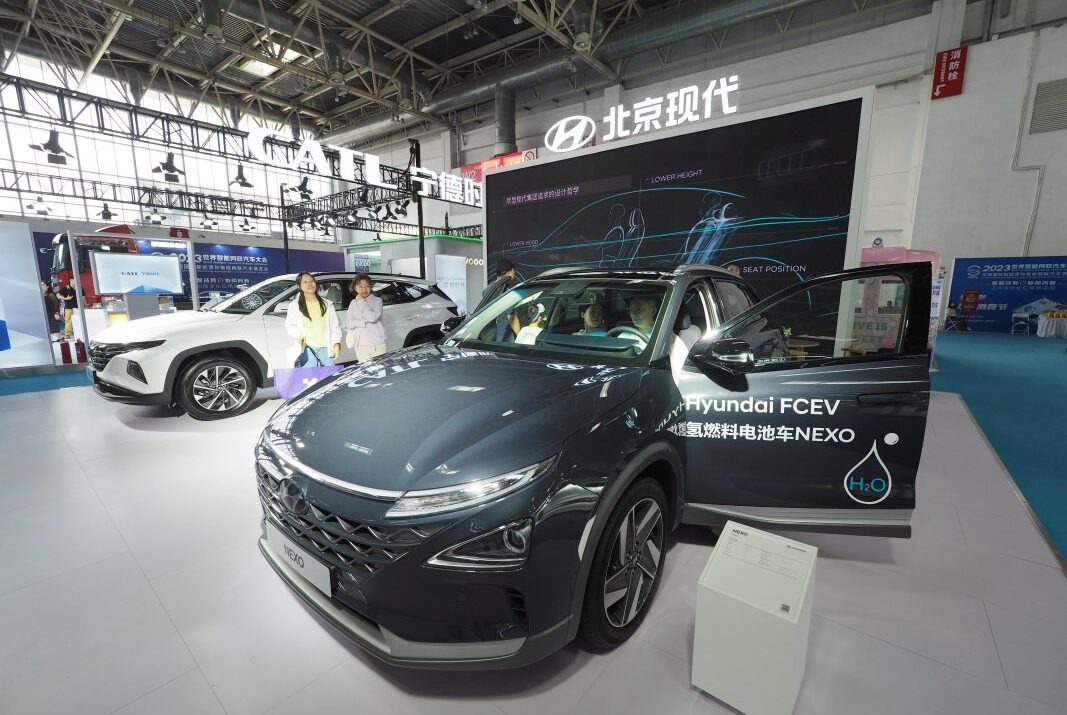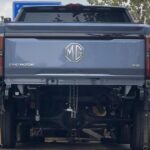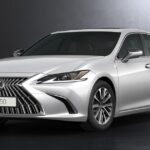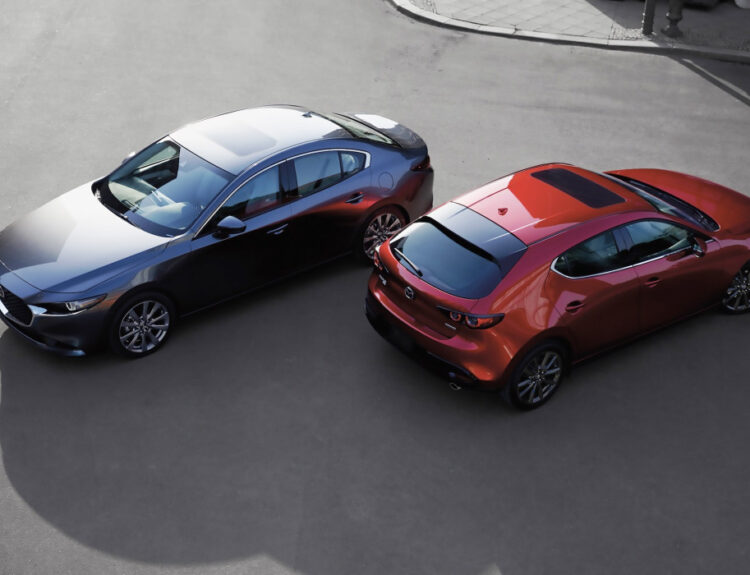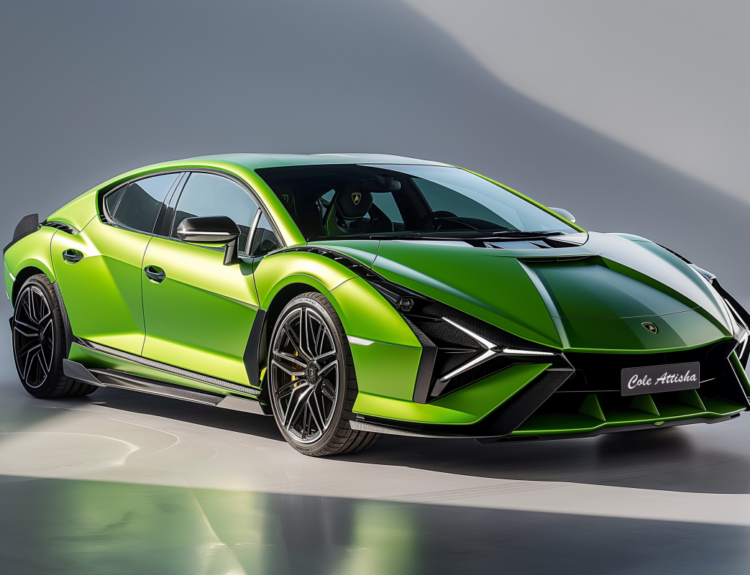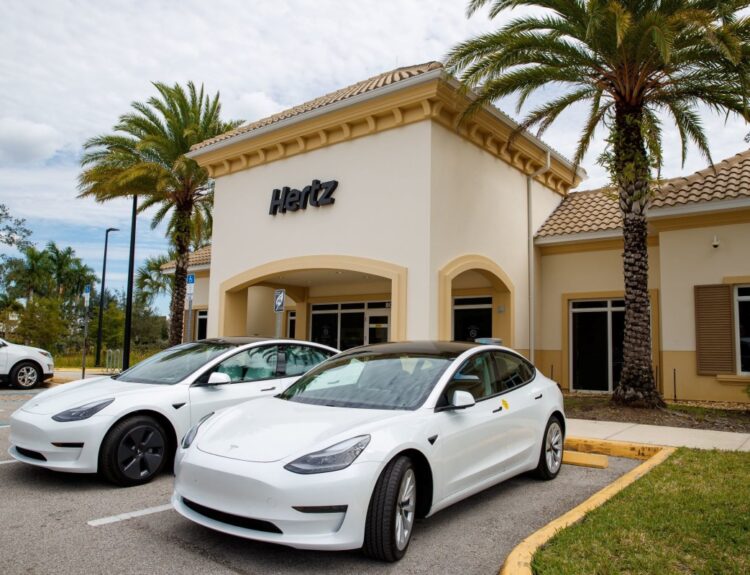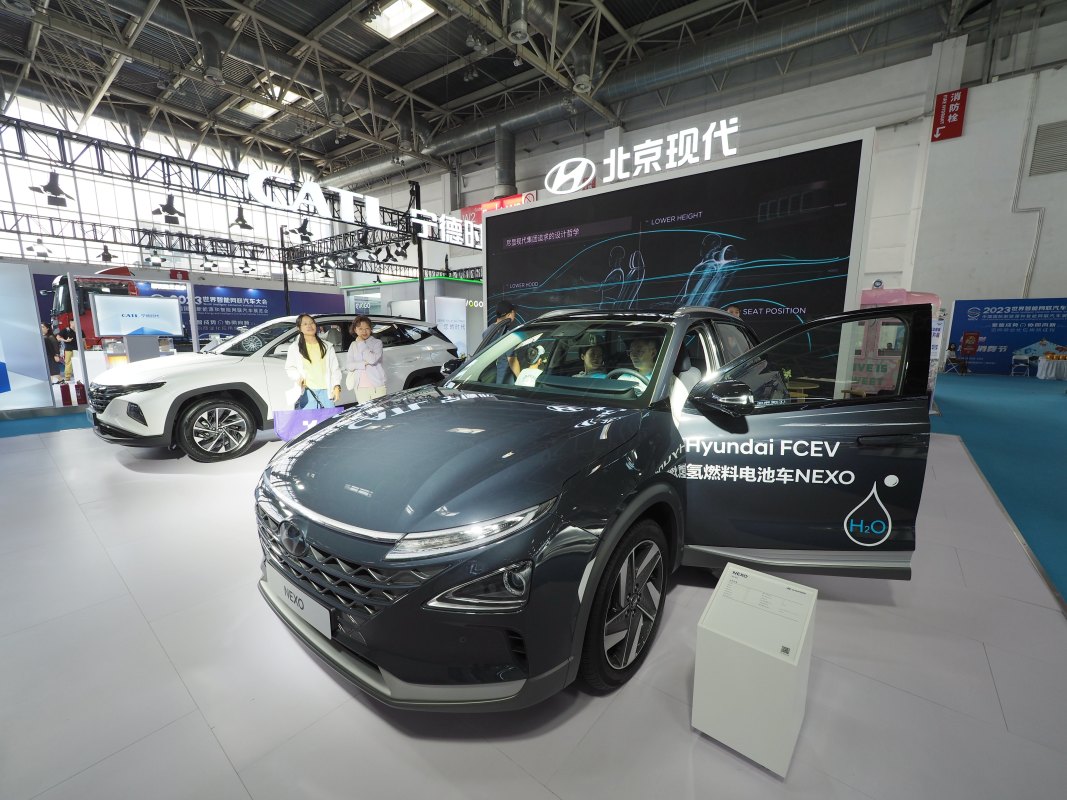
Hyundai Motor Company and BAIC Group, a prominent Chinese state-owned auto manufacturer, are significantly amplifying their commitment to the Chinese market with a substantial investment of $1.1 billion in their joint venture, Beijing Hyundai Motor Co. This strategic maneuver seeks to bolster the financial stability of the venture while facilitating a pivotal transition to electric vehicles (EVs) in light of dwindling sales in the world’s largest automotive market.
The Deteriorating Landscape for Hyundai
Owned jointly by Hyundai and BAIC’s subsidiary, BAIC Investment, the joint venture’s fortunes have taken a drastic turn. Sales figures up to October 2024 reveal a concerning 41% plunge, with only 137,300 vehicles sold compared to the same timeframe in 2023, as reported by Gasgoo, a Chinese automotive news platform.

This dramatic decline is symptomatic of a broader predicament impacting foreign automakers in China. The swift ascent of domestic EV companies, such as BYD Co., has increasingly challenged established brands like Hyundai and Kia, forcing them to fight for market relevance and consumer engagement.
Compounding these difficulties, Beijing Hyundai disclosed substantial financial losses, reporting a deficit of 2.6 billion yuan ($358 million) for the first three quarters of 2024. This followed an even larger after-tax loss of 5.4 billion yuan in 2023. Additionally, the venture has experienced a significant reduction in asset value, totaling nearly 14 billion yuan between the end of 2022 and September 2024.
Strategic Initiatives Towards Recovery and Growth
The recent $1.1 billion investment aims to address more than just immediate financial hurdles. Hyundai aspires to develop cutting-edge technologies and expand its lineup of products to cater to the evolving preferences of Chinese consumers. Furthermore, the company plans to position China as a strategic export hub, although ongoing trade tensions with the EU and the U.S. may pose potential obstacles to these aspirations.
BAIC has reiterated these goals, highlighting the necessity of aligning new products with the tastes of Chinese buyers while simultaneously enhancing export strategies.
Nevertheless, even ambitious initiatives have proven ineffective in reversing past disappointments. Hyundai’s efforts to streamline operations by divesting non-performing assets have often failed to yield positive results, exemplified by the sale of its Chongqing facility at just half its original price earlier this year.
Reflections on the Future
The landscape of China’s automotive market is in the midst of a profound transformation, with consumer preferences increasingly favoring electric vehicles over traditional gasoline-powered options. Domestic leaders like BYD and Nio are rapidly capitalizing on this shift, leaving international corporations such as Hyundai grappling to adapt.
While Hyundai’s investment in EV technology may bolster its position in the market, the road to sustainable profitability is fraught with uncertainty. Despite notable successes with innovative EV models in North America, translating that success to the highly competitive Chinese market has proved challenging.
For both Hyundai and BAIC, the pivotal question remains whether this significant investment will foster a viable turnaround or merely serve as a temporary reprieve in an escalated competitive arena.
Source:www.autoblog.com

